The Hollywood Reporter claims that top plastic surgeons in Hollywood say, “We’ll fix it in post.” The phrase is common in the filmmaking world, denoting that any issues during production can be fixed in post-production, after the scenes have been shot. The Reporter’s claim is that plastic surgeons will perform procedures and then wait for patient feedback to ultimately go back into surgery to fix it.
The issue is conflated somewhat by the media’s focus on bad plastic surgery, results that experienced, board certified plastic surgeons avoid at all costs. In fact, many of the best plastic surgeons have their own schedules filled up correcting botched or failed surgeries from others. Board certified plastic surgeons of the Plastic Surgery Channel discuss the issues on the latest episode of No Spin Live.
Doing Things Right the First Time
Surgery is always serious business, including elective procedures for cosmetic improvement. Incredible amounts of attention are paid during the consultation process to zero in on what exactly a patient wants, as well as what can be successfully accomplished. The results from the two queries guide surgeons in the OR so they can be effective, efficient, and safe. A Wild West-wielding of scalpels hardly ever benefits the patients, and may even put them at risk.
That being said, complications can and do arise. For expert surgeons, these complications are typically a product of the patient’s unique physiology and their reaction to the surgical improvement over time. This is very different from shoddy procedures being performed and less-than-optimal results being immediate.
“We all try to do things right the first time,” shares board certified plastic surgeon Dr. Jason Pozner of Florida. “There’s nothing worse than having a patient come back and having to fix it. As many of us do, probably 70% of my practice is secondary [procedures]. I think it’s something that we all try to do right the first time, but most of us who are experienced will end up doing a lot of secondary surgery.”
Revising Non-Surgical Procedures Like Fillers
Much of the media’s interest in cosmetic improvement revolves around the easily-seen results from poorly done non-surgical procedures. Botox and filler injections done improperly can cause all kinds of facial asymmetries and abnormal issues, as can be seen in overdone lips, cheek fillers, and even extreme Botox injections. While some injectable products can be undone with reversing enzymes, others, like Botox, cannot be helped until the product wears off.
“It seemed to me they were asking what percentage of people coming in with too much filler, too much Botox, facial asymmetry craziness, and what am I doing about it,” explains Dr. Grant Stevens, a board certified plastic surgeon practicing near Hollywood in Marina Del Rey. “I said about 30% of the stuff I’m doing is revisions for that type of non-surgical work.”
Many issues surrounding fillers and Botox can come from 11th hour decisions by patients to receive treatment – often for the first time – prior to special social events. Reunions, conferences, weddings… New patients may suddenly realize they could use some cosmetic enhancement, and try rapidly to achieve this when perhaps there isn’t enough time.
“We see a lot of people come in who want something done for a wedding, a high school reunion, college reunion. A lot of it is timing,” shares Dr. Pat McGuire, a board certified plastic surgeon in St. Louis. “With fillers, they will settle out over time, so you really have to make sure you don’t want to do it the first time before some major event. There are things that can be done for overdone things. The key is getting to the right person who is not going to over-do you in the first place.”
Beware of the Media’s Bent
Reports done by outlets like the Hollywood Reporter tend to focus and linger on the extremes, often losing the nuance of the mean in the process. “We live in the mean in plastic surgery,” explains Dr. Dan Del Vecchio, a plastic surgeon in Boston. “We want to try to do one operation, but the media lives in extremes, and usually it is extremely bad. People love to see bad in the media. I agree with [Dr. Stevens], I think this is just a manifestation of the media’s interpretation of plastic surgery. That’s it.”


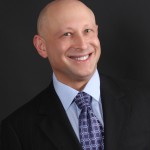
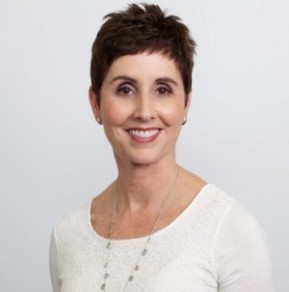
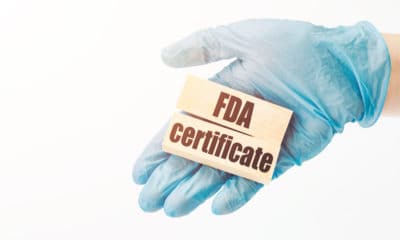
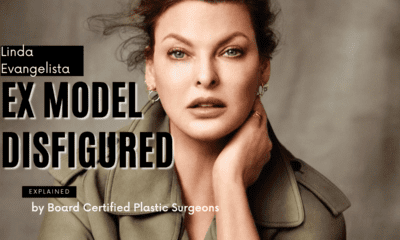



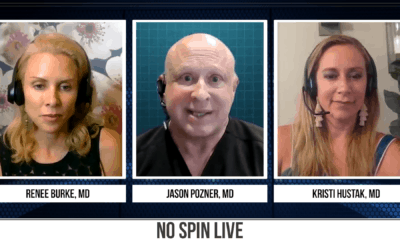







Facebook
Twitter
Instagram
YouTube
RSS